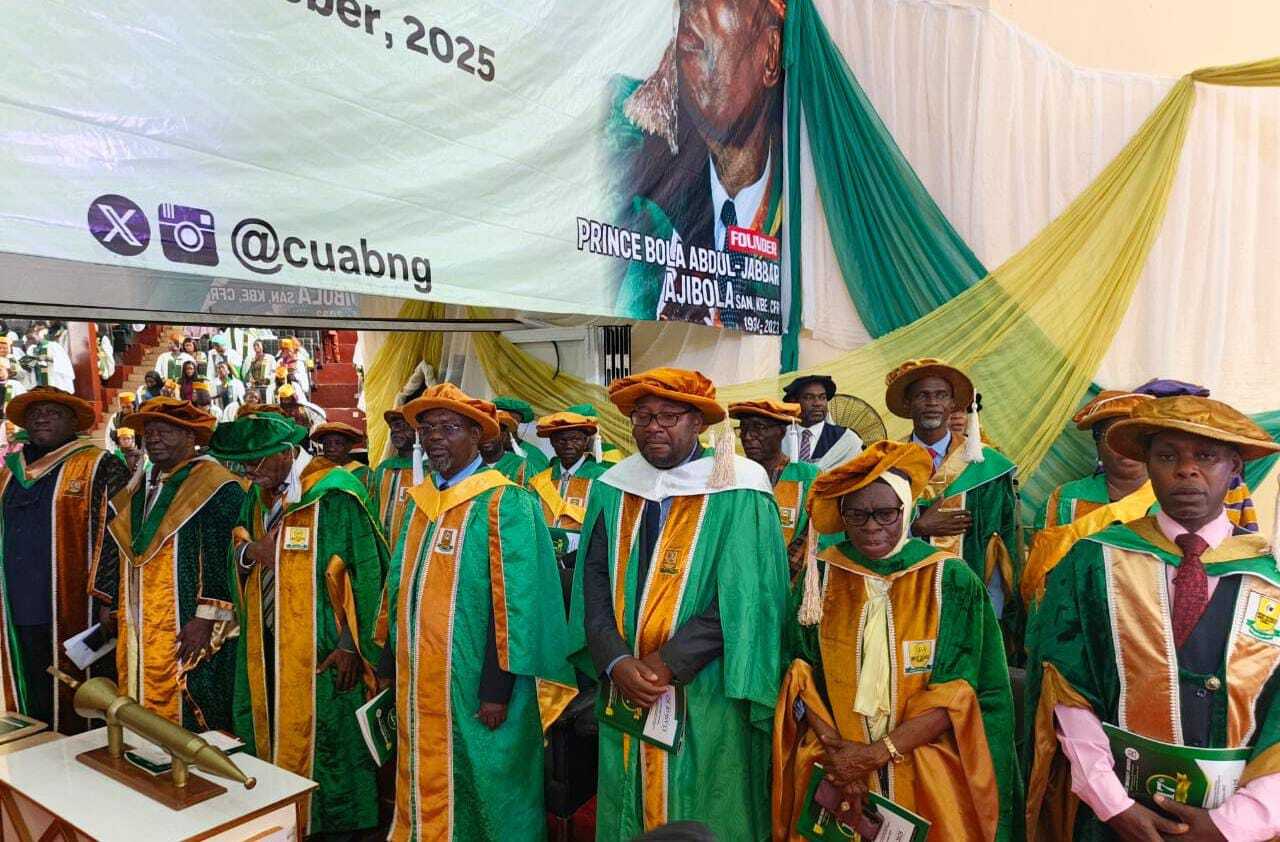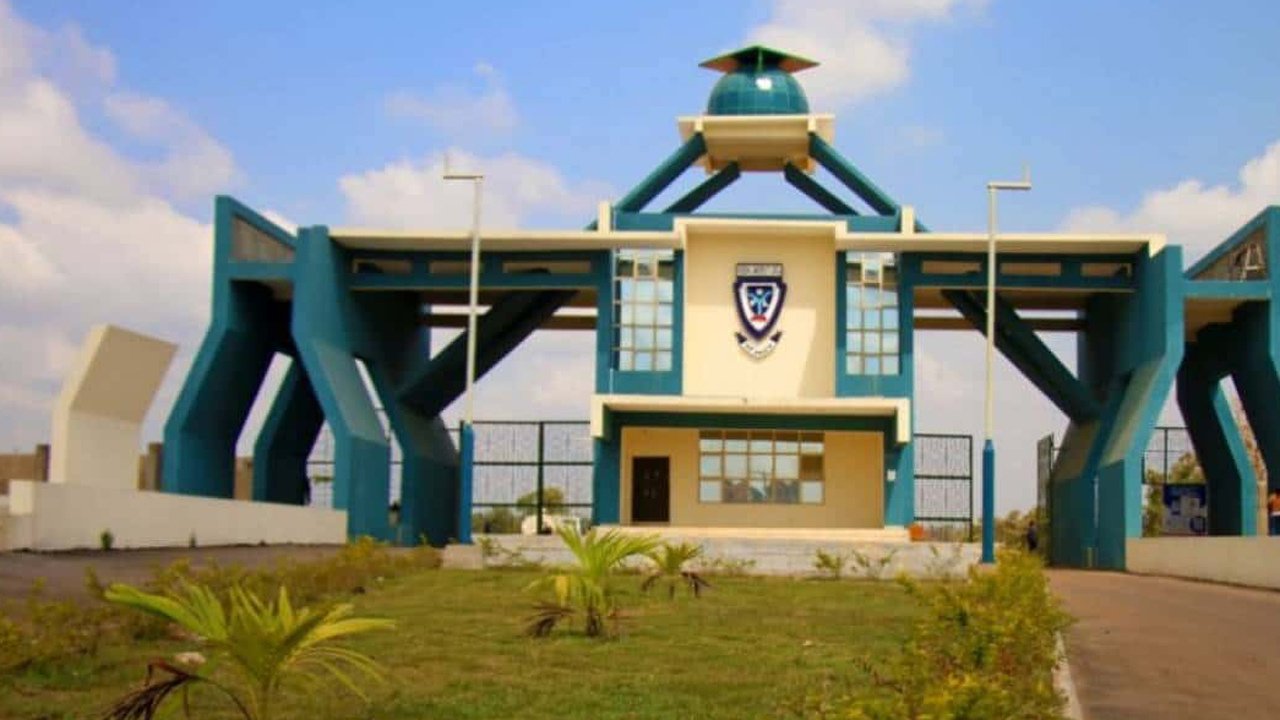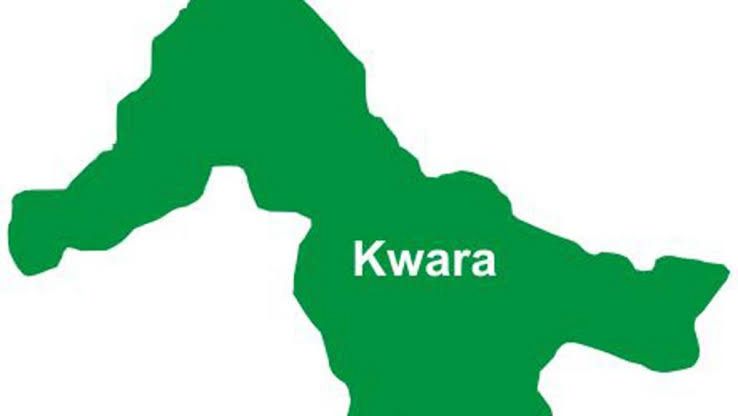The central message that emerged from a two-day workshop on Blackboard and the adoption of Tertiary Education, Research, Applications and Services (TERAS) by beneficiary institutions of Tertiary Education Trust Fund (TETFund) was the need for heads of institutions to take the lead in promoting the use of digital platforms such as Blackboard and TERAS.
The event, which brought together Registrars, Bursars, Directors of Academic Planning and Information Communication Technology (ICT) as well as Beneficiary Thesis Project Repository Managers from TETFund beneficiary institutions, aimed to deepen participants’ understanding of how the platforms can transform teaching, learning and research processes within higher education institutions.
Participants were exposed to the functionalities of Blackboard and TERAS, including content management, collaborative tools and data-driven decision-making features that could enhance institutional efficiency.
Discussions highlighted the fact that while infrastructure and technical expertise are important, the role of institutional leadership in driving adoption cannot be overstated. It was admitted that without clear policy direction and necessary encouragement from heads of institutions, staff and students may be reluctant to fully embrace the platforms. Leadership commitment was therefore identified as a critical success factor in ensuring sustainability and effective utilisation.
Also, participants underscored the importance of continuous training and capacity building for both academic and non-academic staff. They stressed that for Blackboard and TERAS to achieve their intended impact, institutions must invest in regular workshops, peer-learning opportunities and incentives that promote innovative use of the platforms. This, they noted, would not only improve institutional performance but also position beneficiary universities and colleges to compete more effectively in the global knowledge economy.
In his keynote address, the Executive Secretary, Tertiary Education Trust Fund (TETFund), Arc. Sonny Echono, tasked institutions to quickly adopt technology in teaching, research and administration. He noted that the huge tax payers’ money already invested in Information Communication Technology (ICT) infrastructure may go to waste if not properly utilised.
Echono lamented that despite the Fund’s early investment in digital learning platforms, including TERAS, many universities, polytechnics and colleges of education were still lagging in ICT adoption.
According to him, Nigeria’s rapidly growing population and limited availability of classrooms make technology the only viable pathway to expanding access to quality education.
“We are no longer confined to the four walls of classrooms. With just an android phone or a device, students should be able to access content, participate in learning and acquire skills. There is no alternative to technology if we must prepare our youths for the opportunities ahead,” the Executive Secretary said.
Worried about the slow pace of transition to digital platforms in many institutions, some of which still send hardcopy requests to TETFund despite clear directives for e-submissions, the TETFund boss informed that robust and regularly updated institutional websites should be a minimum requirement in the digital age, describing many schools’ online presence as “embarrassingly outdated.”
Echono also cited the successes recorded during the COVID-19 lockdown, when TETFund partnered states and broadcast stations to air WAEC syllabus-based lessons.
According to him, that year produced one of Nigeria’s best results, indicating the potential of technology to revolutionise learning.
Echono expressed concerns that Nigeria currently ranks 189th globally and 25th in Africa in education competitiveness, behind smaller countries such as Rwanda and Mauritius that have leveraged ICT to transform their systems. He underscored the need for beneficiary institutions to regularly update their websites, describing it as a gateway to visibility, transparency and global relevance in the digital age.
Outdated or poorly maintained institutional websites, he observed, undermine credibility and restrict opportunities for collaboration, partnerships, and international recognition.
He therefore called on institutions to prioritise digital presence as part of their strategic planning, emphasising that a functional and dynamic website is no longer a luxury but a necessity for effective administration and knowledge dissemination.
Echono added: “TERAS-supported platforms like Blackboard, Thesis Repository, EBSCO and e-Journals, are designed to make Nigerian scholarship visible and respected worldwide. But visibility must be backed by quality, credibility and integrity. That is our collective responsibility.
“Colleagues, the implementation of TERAS is a national project with global implications. It aligns us with international standards – from UNESCO’s educational reporting frameworks to FAIR (Findable, Accessible, Interoperable and Reusable) data principles, and positions our institutions to be more competitive in global rankings. I wish to highlight that technology is the enabler while people are the drivers. Thus, TERAS will only succeed if you, the leaders and implementers in our institutions, take ownership.”
“The discussions we have here will feed into our policy making process as we continue to engage with all stakeholders to showcase progress, share lessons and set the next milestones for Nigeria tertiary education.”
The TETFund boss urged heads of institutions to champion the use of digital platforms, including TERAS, expressing optimism that over time, more than half of TETFund’s education investments would be in ICT rather than physical infrastructure.
Considering the ICT gap, Echono highlighted the nexus between Nigeria’s underdevelopment and its failure to leverage technology in such sectors as oil, agriculture and manufacturing, contrasting the country’s struggles with China’s rapid transformation through deliberate investment in knowledge and innovation.






